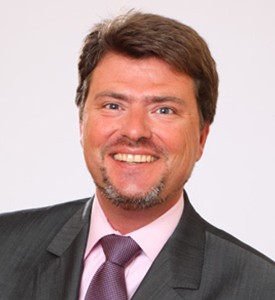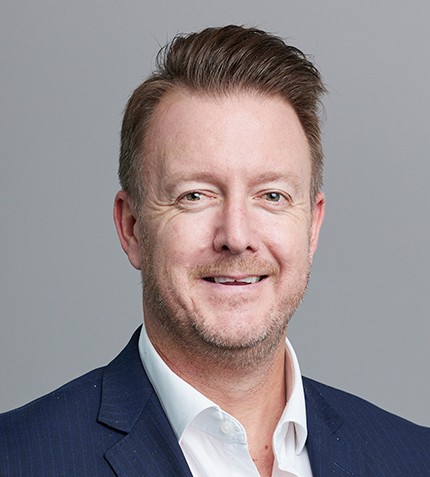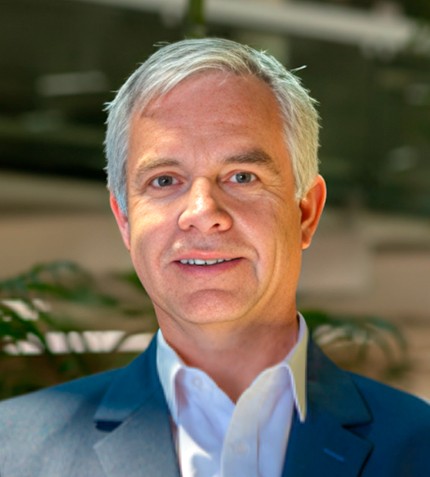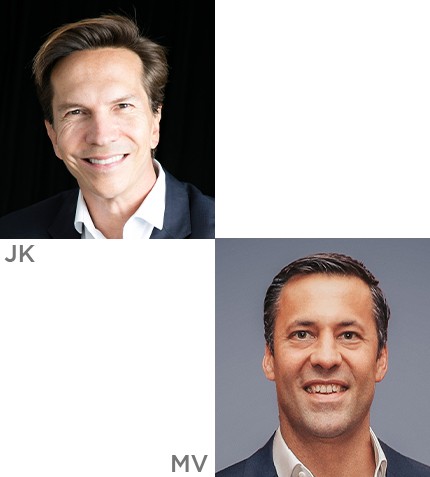
"Over the past two years, we have boosted our offering and invested into new equipment to provide full analysis of water. This is not only required by law in the DRC, but also by most of the serious mining actors for compliancy reasons. Miners must be able to prove they are not polluting the environments where they work, such as the local water supply."
Xavier “Jack” de Longueville
REGIONAL DIRECTOR AFRICA, ROBINSON INTERNATIONAL GROUP
RI has recently upgraded its presence in the Copperbelt. Can you update us on what facilities the company offers in the region and elaborate on your core business offering?
RI boasts experience that spans over 13 years in the mineral industry, and our teams are experts in assaying and sampling numerous mineral products, including copper, cobalt and more. In recent months, we have been supplying assaying services to a number of international players. Our tasks mostly consist of checking material transiting in Zambia towards the DRC. We account for the volume, weight and quality of a number of goods such as chemicals, minerals, production equipment etc. before their arrival in Congo.
As the demand is seriously increasing and as we now have people permanently busy in Zambia, we have decided to open a new location in Kitwe. We will have a dedicated team supplying assaying and sampling services on site that will be available throughout the Copperbelt. We are also able to provide our clients with laboratory results within 5 days maximum, which makes our offer quite attractive in that region. Our laboratory uses state of the art ICP’s and AA’s and we will be able to offer very quick results with our brand new XRF desktop.
How does RI ensure clients that its testing services are delivered to the highest standards?
As an international group, RI is certified ISO 9002 and must work with a worldwide accreditation company. We are very pleased to announce that we will soon be ISO 17025 certified in the DRC. It was challenging to have our international auditors come into the country because of their perception of the ongoing political situation. However as of April 2018, auditors have started the on-site process and we expect to obtain our ISO-17025/2017 accreditation by summer 2018 at the latest. Additionally, we monitored each month by two organizations as active members of two international assessment programs to ensure our services are held to the highest global standards.
In the DRC, RI had shifted its emphasis towards environmental testing. Can you elaborate on what trends impacted this decision and the advantages RI offers in this area?
We have been busy for a while now with environmental analysis. Over the past two years, we have boosted our offering and invested into new equipment to provide full analysis of water. This is not only required by law in the DRC, but also by most of the serious mining actors for compliancy reasons. Miners must be able to prove they are not polluting the environments where they work, such as the local water supply. We help them to ensure they are not negatively impacting the health of local communities by analyzing the water for possible contaminants. This trend has become so important that we have hired a new laboratory manager who has 20 years of experience with water. He will be joining our team in the DRC mid-May 2018 and we are looking forward to expanding this offer even further.
The laboratory and testing services space is fairly competitive. How does RI differentiate itself from other labs?
RI distinguishes itself through our professionalism. We do not simply give results that the client wants; we provide our clients with the reality.
Furthermore, we provide custom services that meet the specific requirements of our clients. We have mobile teams that can be called upon on very short notice to accompany our clients from the acquisition phase up to the export, assuring our clients that the process goes as smoothly as possible.
Oftentimes mining companies will send their samples to labs located outside the country of their operations. What are some of the technical disadvantages to this approach, and why should they come to RI instead?
First of all, time and cost saving are huge advantages of keeping testing in-country. Sending samples abroad takes weeks and costs a lot. Furthermore, and more importantly for environmental components such as water, the sample will change and the analysis might not reflect reality. Water contains living organisms and is therefore impacted by light, temperature and pressure changes. We appreciate that the costs are higher in the DRC, but this is mostly due to the prices of the consumables that we use (acid, gas etc.) as they need to be imported. But again, exporting samples is an expensive process as well – not including the impact of delays and lower quality.
Commodity prices are recovering, but rising resource nationalism has dampened many investors outlook. What is your outlook for the Copperbelt in this complex and ever-evolving dynamic?
Indeed these challenges have has a direct impact on the business. We have contacts that are simply putting projects on hold as they are worried about this trend, which is quite ironic as the price of commodities is increasing. There are still new players coming in, attracted by the potential revenues, but they often lack the experience to navigate the realities of the field. This is why our offering to accompany clients through the process is increasing popular — they can leverage our experience operating in-country to their benefit.
Robinson International spoke about intentions to expand into seven new African countries in the next two years. What progress have you made towards achieving this objective and can you outline your long-term vision for the company?
We are still looking at this opportunity but admittedly things have been slower than planned. Also, due to a number of challenges in the DRC, we had to concentrate our energy in this specific location. Now however, things have changed and with the hard work of our fantastic entire team, we can concentrate on new developments. As mentioned above, Zambia is being re-opened and we have started some assignments in another country. We are really excited and hope to announce formally where we will be opening our new operation soon.










